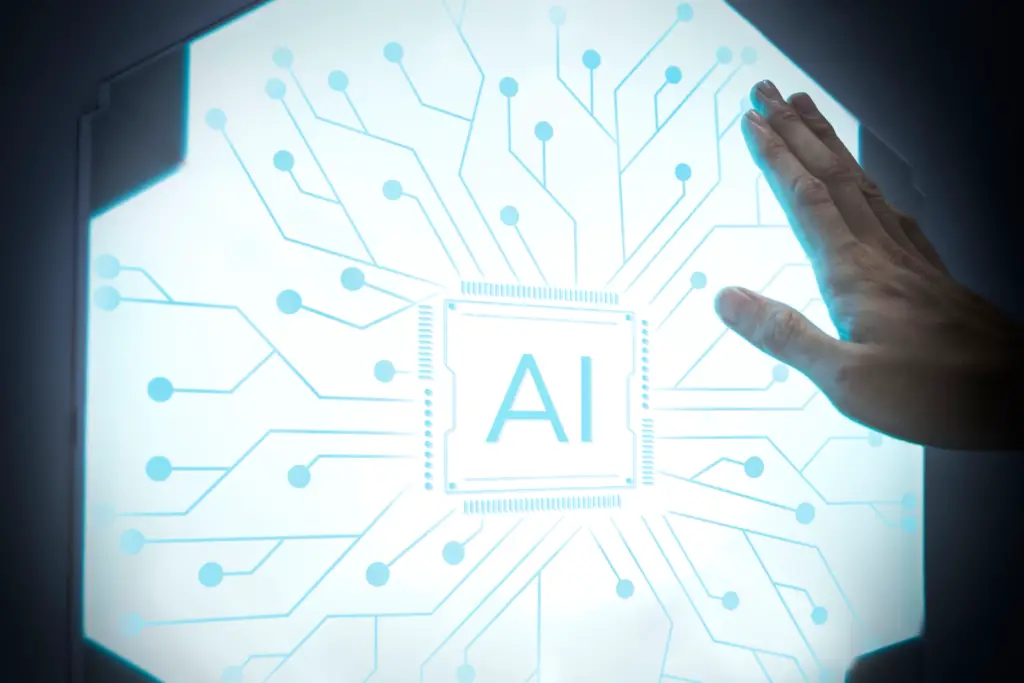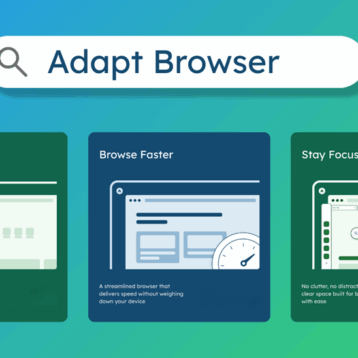Without a doubt, resource management is essential to the effective completion of projects, particularly for businesses managing several projects concurrently. And using data-driven insights is one of the key elements, which contributes to good resource management. Most often, resource managers use historical data or spreadsheets which could work well rather for a small team working on one small project. Complex and dynamic project environments with hundreds or thousands of employees involved require a more precise and data-driven approach to resource management. And this is where artificial intelligence becomes a game-changer.

In this article, we’ll explore the potential of AI-powered resource management to address challenges, transform RM processes, and contribute to achieving desired outcomes.
Data in Traditional Resource Management
Data has always been widely used in resource management. It helps allocate the right resources, track their performance and utilization. However, resource managers often face limitations when using traditional methods of analyzing this data.
- Analysis of static data.
Traditionally, insights are based on historical or point-in-time data, which doesn’t take into account the dynamic changes happening in the project environment.
- Manual data processing.
Collecting and analyzing data manually is time-consuming and prone to errors.
- Limited forecasting abilities.
Without AI-powered tools, it’s hardly possible to process large datasets efficiently and make accurate forecasts.
These methods have served businesses for years, but at the moment they fail to meet the demands of complex, multi-project environments that require increased agility and precision.
Let’s now consider how AI can transform resource management so that it can meet the needs of present-day complex project environments.
How AI Revolutionizes Resource Management
AI resource management shifts the paradigm from reactive to proactive, involves real-time and data-driven decision-making and process optimization. Let’s consider the benefits of this approach in more detail.
Enhanced Data Processing and Analysis
AI can process vast amounts of data quickly and accurately. What is more, it can analyze data from multiple sources (e.g., project schedules, workforce availability, budget constraints, and market conditions) to provide actionable insights. For example, AI-driven resource management platforms can identify resource bottlenecks, predict future demands, and recommend adjustments in real time for optimal resource utilization.
Predictive Analytics for Better Planning
Predictiveness is one of AI’s most notable features. Project hazards, resource shortages, or delays can be predicted in advance by AI-powered resource management software. Scenario planning can benefit from predictive skills. When AI models several resource allocation scenarios, managers can select the best course of action to boost productivity and resource usage. AI also helps with demand forecasting since predictive models may predict resource requirements based on past trends and outside variables like market trends or seasonality.
Real-Time Resource Allocation
AI-powered resource management systems can respond to unforeseen disruptions or changing project requirements by adjusting resource plans in real time. For example, AI can automatically modify schedules depending on project priorities and resource availability. In addition, when resource conflicts arise, AI can identify alternative allocations or highlights areas that require corrective actions.
Automation of Routine Tasks
AI streamlines repeated administrative tasks like scheduling, reporting, and tracking. As a result, project/resource managers and team members can focus on higher-value activities: strategic decision-making, optimizing team collaboration, or performing tasks that require creativity and out-of-the-box thinking.
The Benefits of AI Resource Management
Let’s now summarize the advantages of adopting AI resource management.
- Improved efficiency and productivity.
AI minimizes inefficiencies thanks to automating workflows and optimizing resource allocation. This contributes to higher productivity and faster project execution.
- Enhanced decision-making.
Managers may lower risks and raise the chance of project success by making well-informed decisions with the use of real-time data and predictive analytics.
- Cost optimization.
Efficient resource utilization reduces waste and lowers costs, thereby contributing to better financial performance.
- Greater agility.
Artificial intelligence enables organizations to respond to changes quickly, whether it’s reallocating resources during a crisis or adapting to new project priorities.
Let’s now consider some examples of real applications artificial intelligence in resource management.
Real-World Applications of AI in Resource Management
Organizations across industries are leveraging AI for resource management purposes in different ways. For example, in the construction industry, artificial intelligence helps predict the need for labor and equipment, which optimizes resource utilization and minimizes project delays. In healthcare, AI allows companies to optimize their project staffing in accordance with patients’ demands. IT and software companies use AI to forecast workloads and optimize the planning of sprints. These examples show AI’s versatility in diverse contexts.
Finally, let’s consider the example of AI-powered resource management software—Epicflow. It’s a tool designed to manage shared resources across multiple projects. Here are its most essential AI-driven capabilities:
- Automatic resource allocation suggestions based on employees’ availability, skills, capacity, and other essential attributes;
- Forecasting resources’ capacity and workloads;
- Predicting resource bottlenecks;
- Performing scenario analysis for informed decision-making;
- AI virtual assistant for maximum efficient interactions with the tool.
As AI is developing, the applications of the technology are expected to become more diverse and common in project and resource management.
Conclusion
As we see, artificial intelligence is revolutionizing the approach to project resource management. Its main benefit is processing large amounts of data in seconds and suggesting actional insights based on this analysis. It also helps make forecasts, optimizes decision-making, and automates repetitive tasks of both a resource manager and team members. As a result, business organizations can optimize their resources’ utilization, increase efficiency, and be flexible enough to respond to present-day challenges of the business environment.










